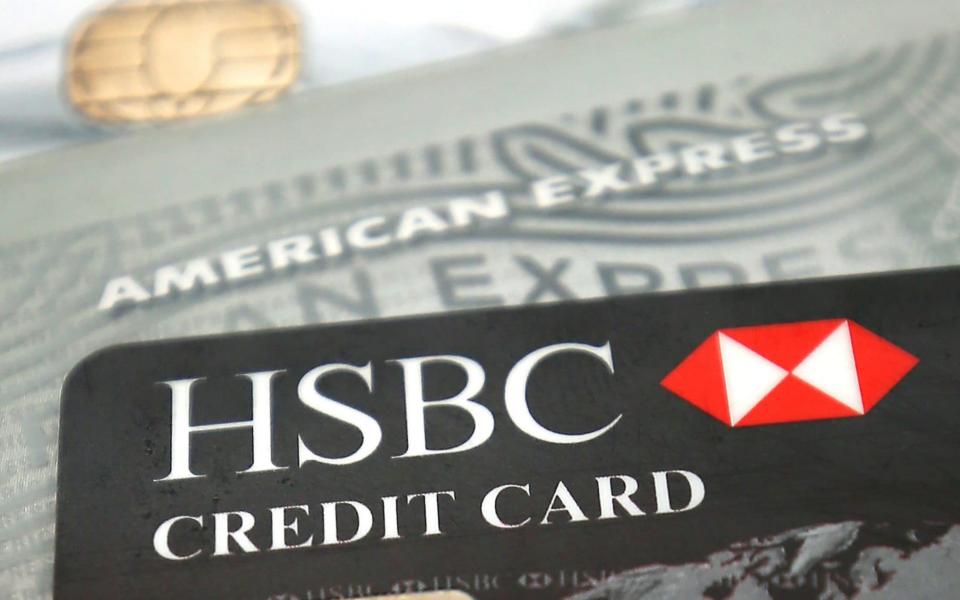Average debt reduced by £2,000 in lockdown, Experian says


The average amount of debt has been reduced by almost £2,000 in lockdown, a study by Experian has found.
The credit checking agency said its customers had an average credit balance, excluding mortgage debt, of £9,681 in June, compared to £11,615 at the start of lockdown in March.
A combination of reduced living costs and no commute has meant many families have been able to save more during the pandemic, but experts warned that the inequalities were stark with lots struggling to make ends meet.
Experian said that a third of customers had used the lockdown to pay down their debts.
James Jones, head of consumer affairs at Experian, said: “The Covid-19 pandemic has changed the way we go about our everyday life, and in some cases our financial outlook and priorities.
“For some people, a reduction in spending has enabled the repayment of existing borrowing and a knock-on improvement in credit scores.”
He said as the UK returns to normality people should look to continue with the good financial habits picked up during the lockdown and said this would have a positive impact on a consumer’s credit score, which can help lower rates on borrowing.

A report published in June by the Resolution Foundation, a think tank, found that nearly two million high earning households had strengthened their family budgets since the beginning of the crisis.
But it warned of a big divide between the richest members of society and the poorest as just a third of the poorest households were able to reduce their spending compared to more than half of the wealthiest.
Dame Gillian Guy, chief executive of Citizens Advice, said: “Not everyone is feeling the financial effects of coronavirus in the same way.
“Some people have been able to pay off some of their debts in the pandemic. But many others have not and are behind on essential bills, building up arrears they may struggle to ever pay back.”
She pointed out that the ban on evictions ends in less than a fortnight and that those who are in arrears will “likely need financial help to escape their coronavirus debts”.

 Yahoo Finance
Yahoo Finance 